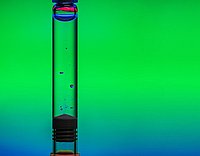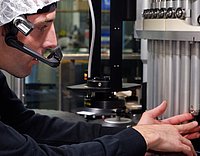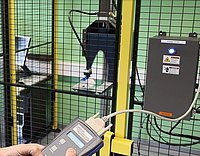What is the importance of an SOP in the pharmaceutical industry?
Standard Operating Procedures are essential in the pharmaceutical industry because they ensure operational efficiency, regulatory compliance, and product quality. SOPs serve as a foundation for consistency by providing employees with detailed instructions on how to perform critical tasks, reducing errors and improving the reliability of processes. Without SOPs, procedures may vary from one employee to another, increasing the risk of deviations, defects, and regulatory violations.
Regulatory compliance is another crucial reason why SOPs are mandatory in pharmaceutical manufacturing. Agencies such as the FDA, EMA, and WHO require pharmaceutical companies to document and standardize their processes under Good Manufacturing Practice (GMP) guidelines. SOPs help companies pass regulatory audits by demonstrating proper documentation, adherence to quality control measures, and risk mitigation strategies.
In addition to compliance, SOPs contribute to efficiency by eliminating unnecessary steps and reducing the time required to complete repetitive tasks. By structuring workflows in a clear and systematic way, SOPs help companies optimize resource allocation and ensure that production timelines are met. Furthermore, they play a significant role in employee training by serving as reference materials for new hires. Well-documented SOPs make it easier to onboard employees, ensuring that they quickly learn and adhere to established procedures.
Ultimately, SOPs enhance quality, safety, and consistency in pharmaceutical operations, making them an indispensable part of quality management systems (QMS).







